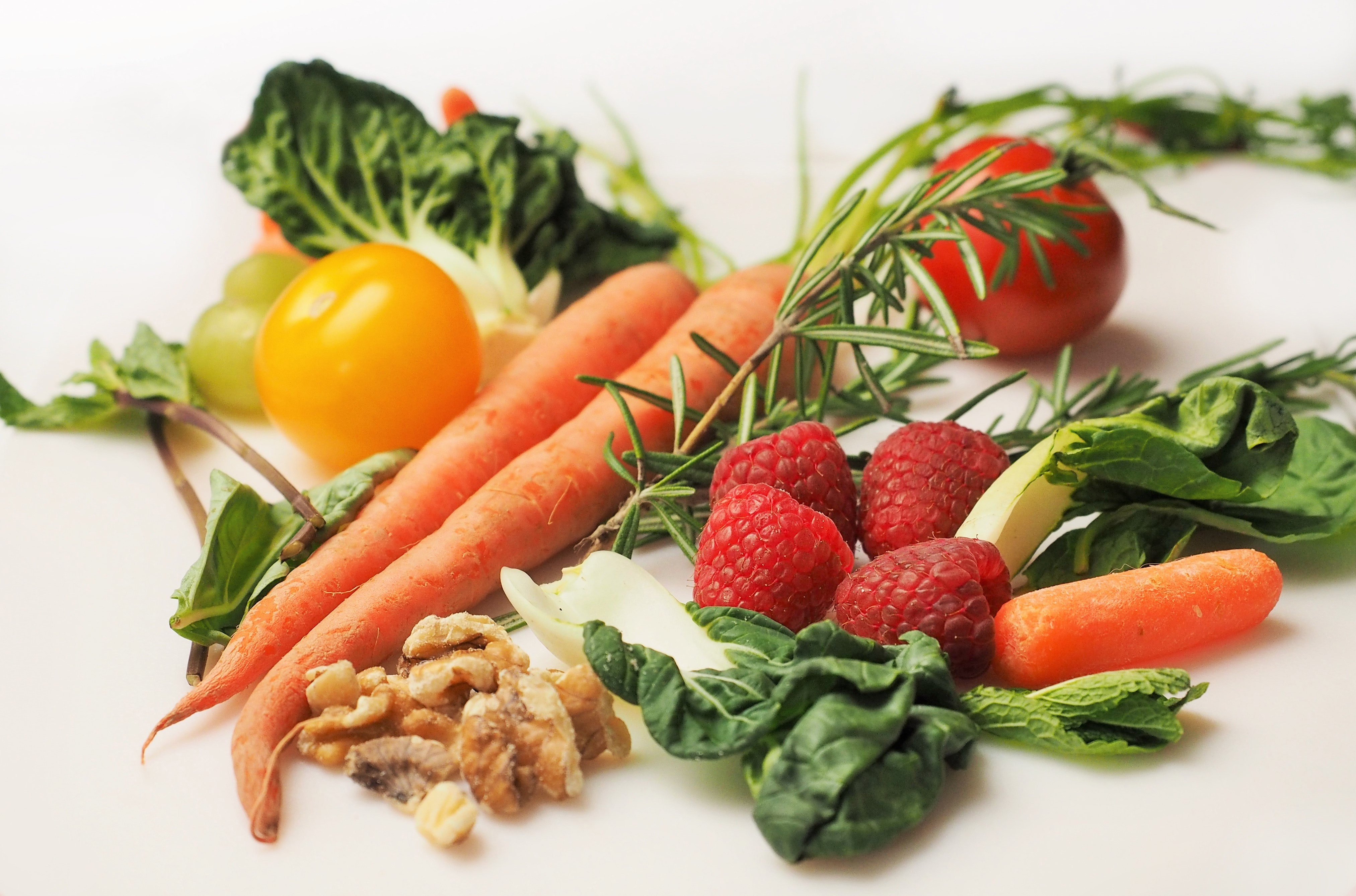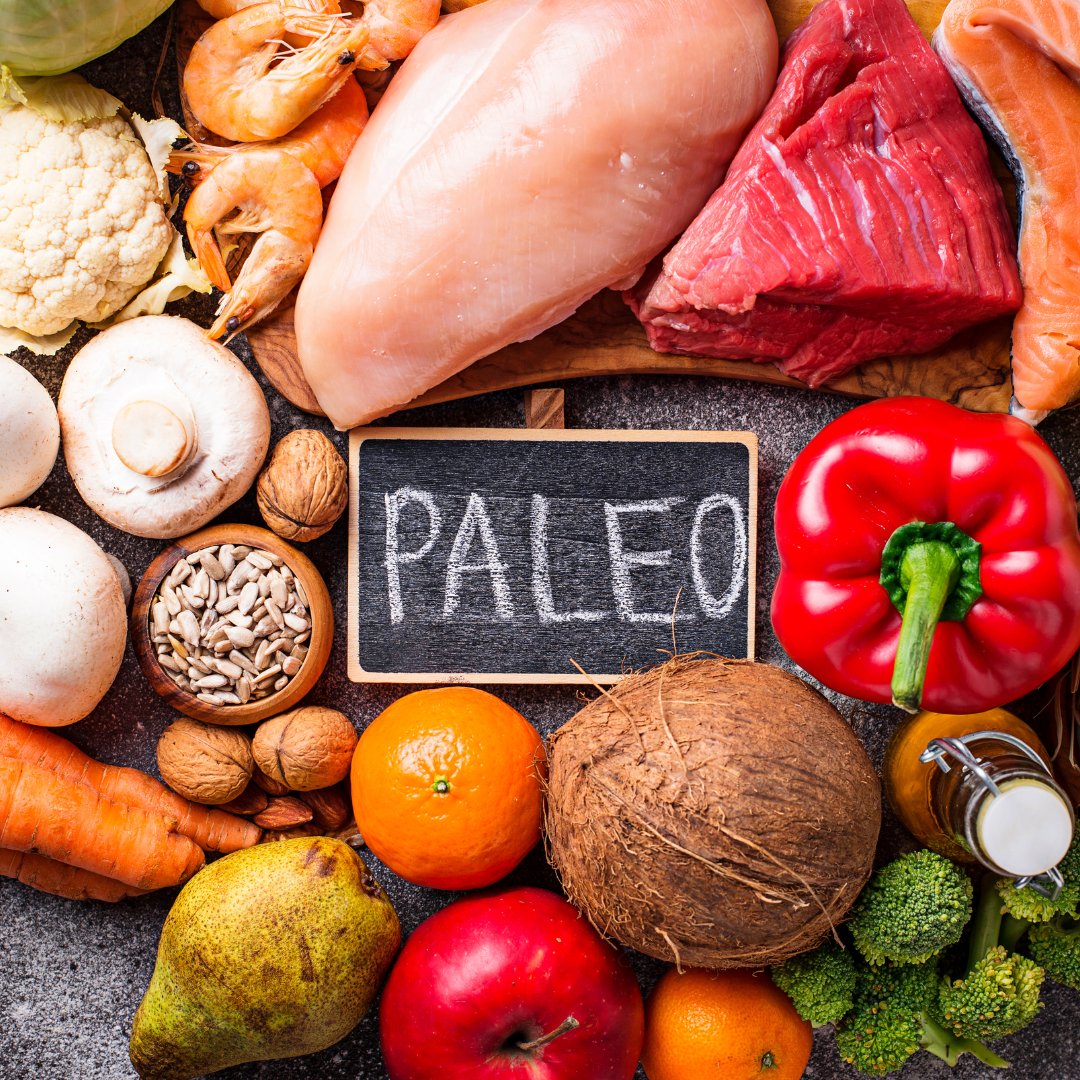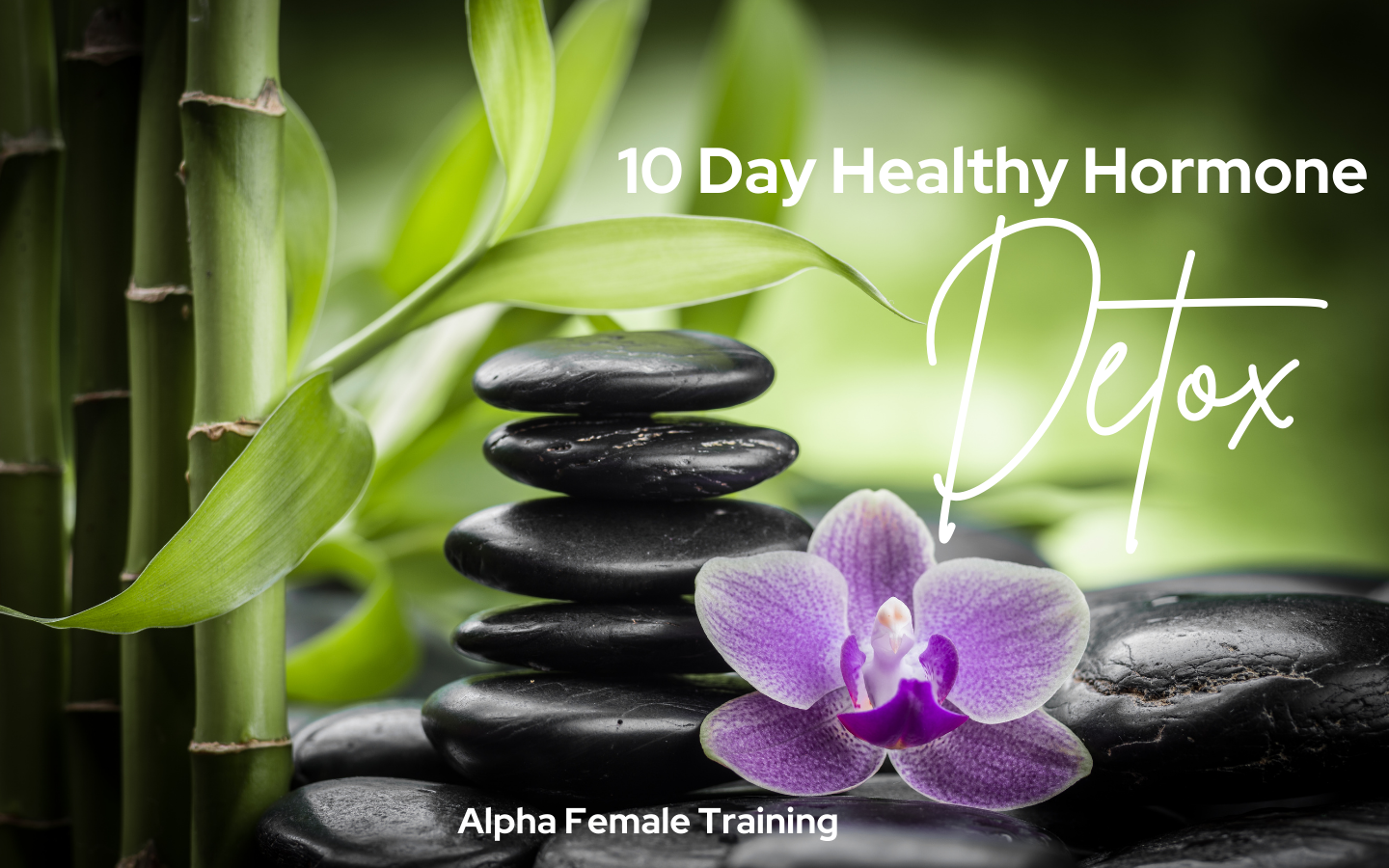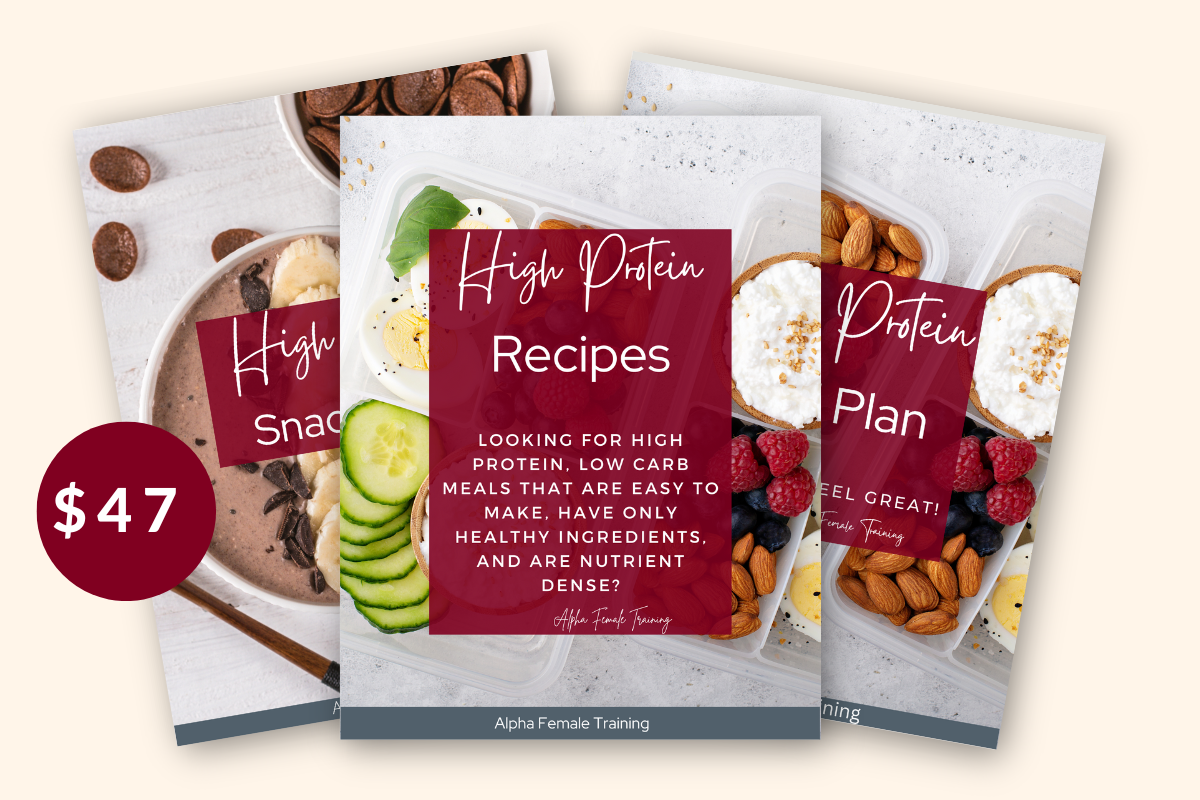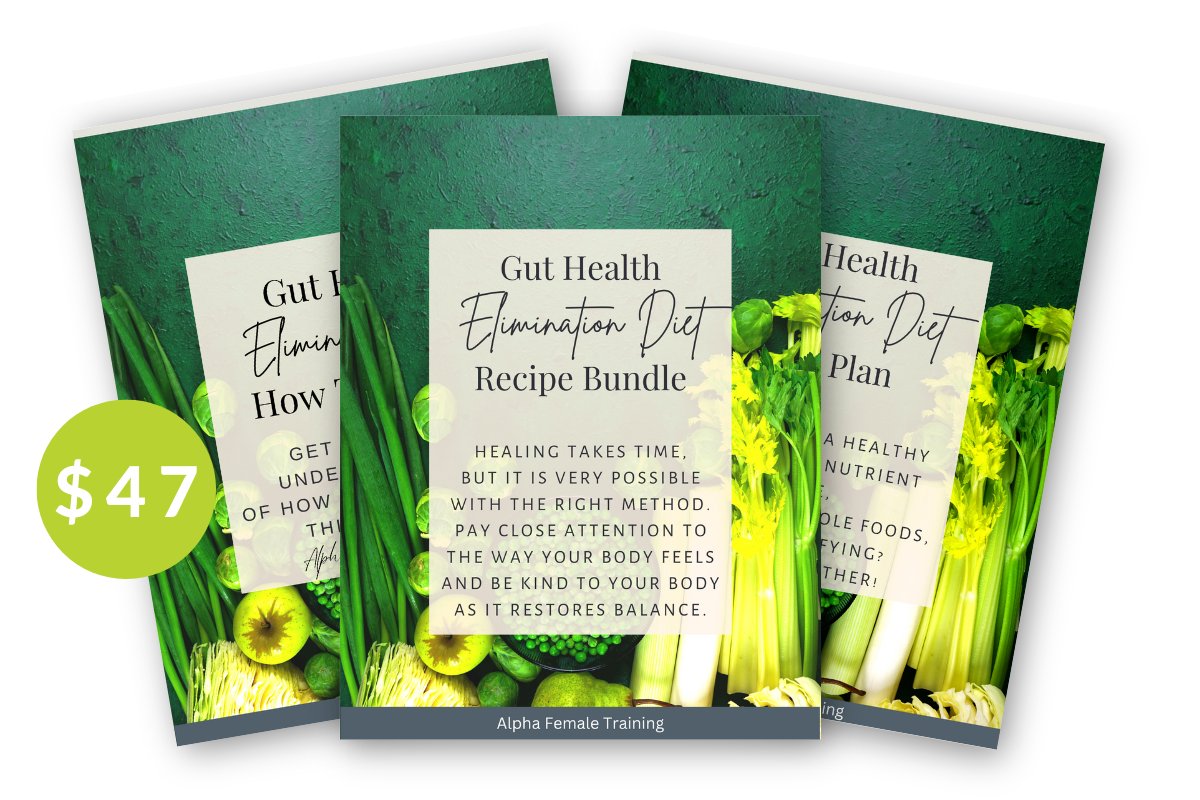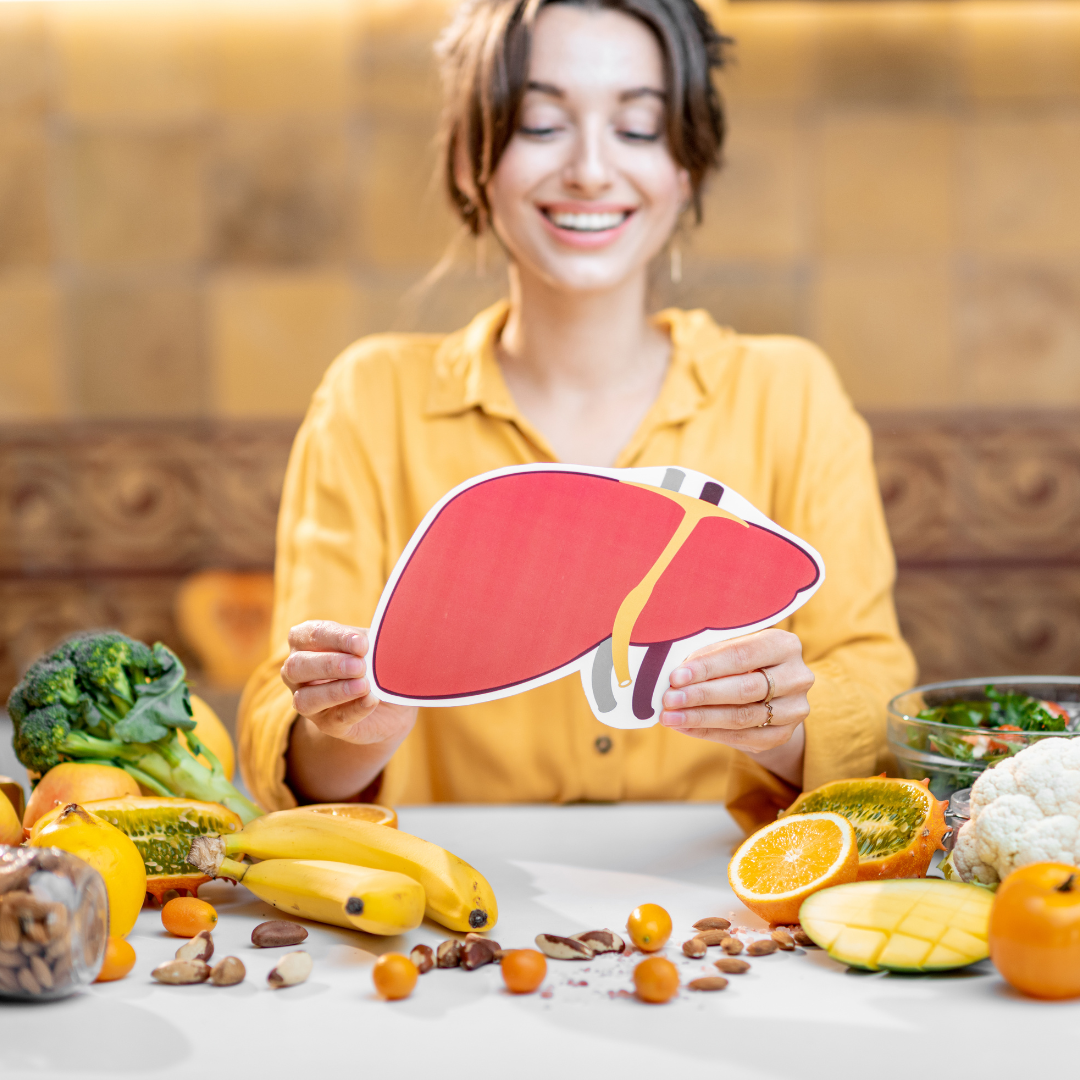How to Reduce Inflammation
🔥 Ignite Your Knowledge: How to Reduce Inflammation After 40!
Inflammation seems to be the hot topic these days, captivating the health and wellness scene. It's practically impossible to find someone who isn't discussing this infamous phenomenon.
People claim it's the root cause of all diseases, and everyone wants to provide you with ways to combat it effectively.
Let's dive into my personal selection of top-notch anti-inflammatory foods, equipped with powerful antioxidants that combat this fiery foe.
And wait, there's more! Keep reading until the end for a mouthwatering anti-inflammatory recipe that's guaranteed to tantalize your taste buds. Get ready for a journey towards vibrant well-being! 💫🥗

How to Reduce Inflammation With These Key Foods
Inflammation—is a reality we can no longer ignore.
Scientific studies reveal that when it comes to our health, high levels of inflammation can wreak havoc, especially if it becomes a chronic condition and it's especially notable as one of the causes of poor health and weight gain in perimenopause and menopause.
Obesity, heart disease, Alzheimer's, diabetes—these are just a glimpse of the ailments associated with this pervasive force.
Rather than delving into the technicalities of its nature, measurement, and origins, let's shift our focus to the empowering realm of nutrition and how to reduce inflammation. Together, let's explore the realm of anti-inflammatory foods brimming with potent antioxidants, proven to combat and reduce this fiery response.
Without further ado, here are my top recommendations for incorporating anti-inflammatory powerhouses into your diet:
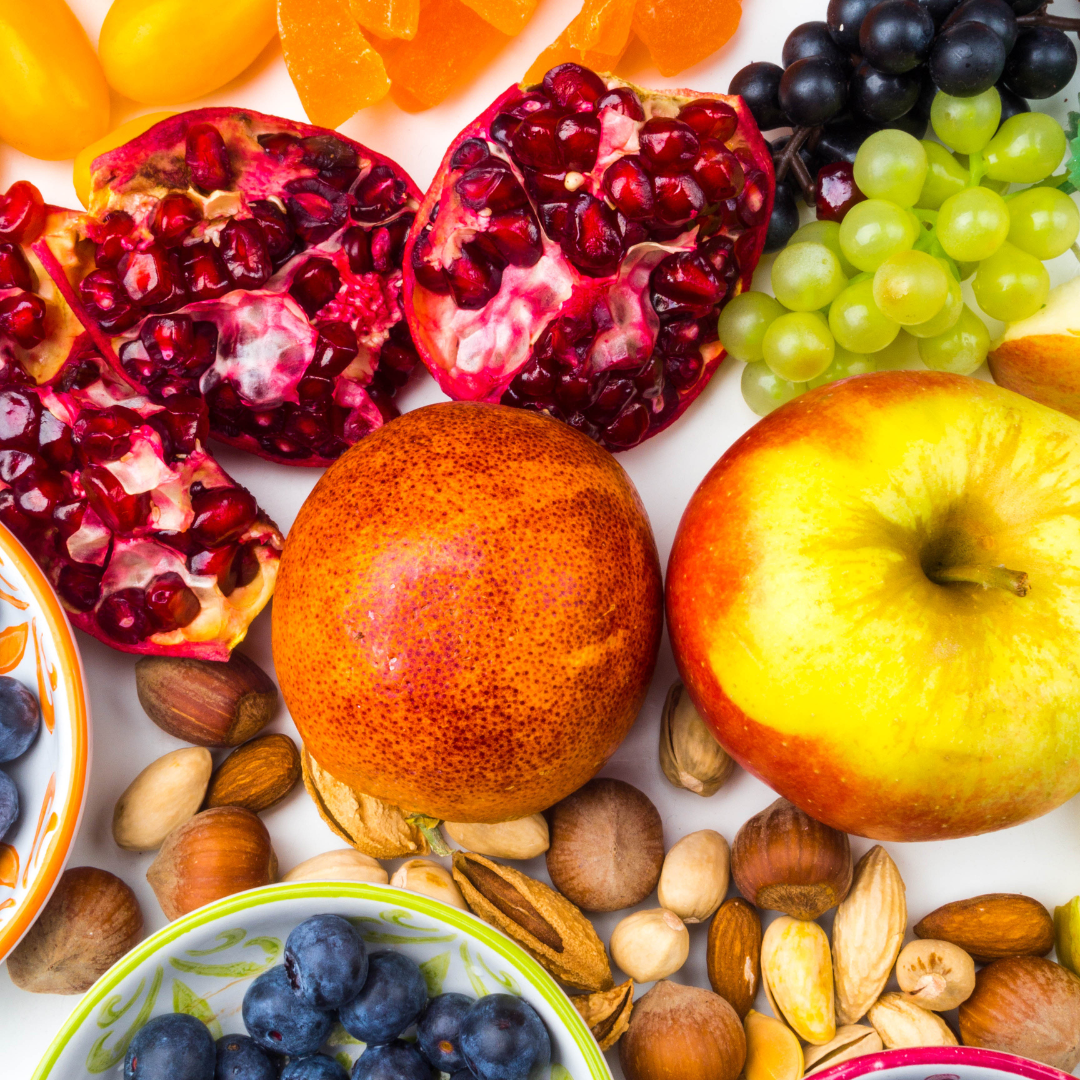
Anti-inflammatory Food #1:
Berries, Grapes, and Cherries
Why wait to savor the best? Let's dive right into a delightful world where anti-inflammatory foods also happen to be your sweetest favorites.
Berries, grapes, and cherries—these little gems are not only bursting with flavor but also abundant in fiber, essential antioxidant vitamins (hello, vitamin C!), and minerals like manganese.
And that's not all! Brace yourself for the magic of phytochemicals (phyto=plant). These fruits are rich sources of incredible antioxidants such as "anthocyanins" and "resveratrol."
In fact, when it comes to these immensely beneficial compounds, it's hard to beat the impressive presence found in berries, grapes, and cherries. How to reduce inflammation naturally with foods can be delicious. Get ready to savor both the taste and the health benefits with every delightful bite! 🍓🍇🍒
Anti-inflammatory Food #2:
Broccoli and Peppers
Broccoli, a mighty cruciferous vegetable, steals the spotlight with its powerful antioxidant called "sulforaphane." This exceptional compound has been linked to a reduced risk of heart disease and cancer, making it a true anti-inflammatory hero.
Meanwhile, bell peppers proudly showcase their vibrant hues and outstanding antioxidant prowess. Among their many benefits, they stand out as top sources of vitamin C and quercetin. But remember, for maximum anti-inflammatory impact, opt for the red peppers as they signify full ripeness and pack the strongest punch.
In this week's recipe below, I bring together these two super-healthy vegetables to create a harmonious and delicious blend that will elevate your culinary experience. Get ready to embrace the magnificent synergy of broccoli and bell peppers in the dish below. Bon appétit!
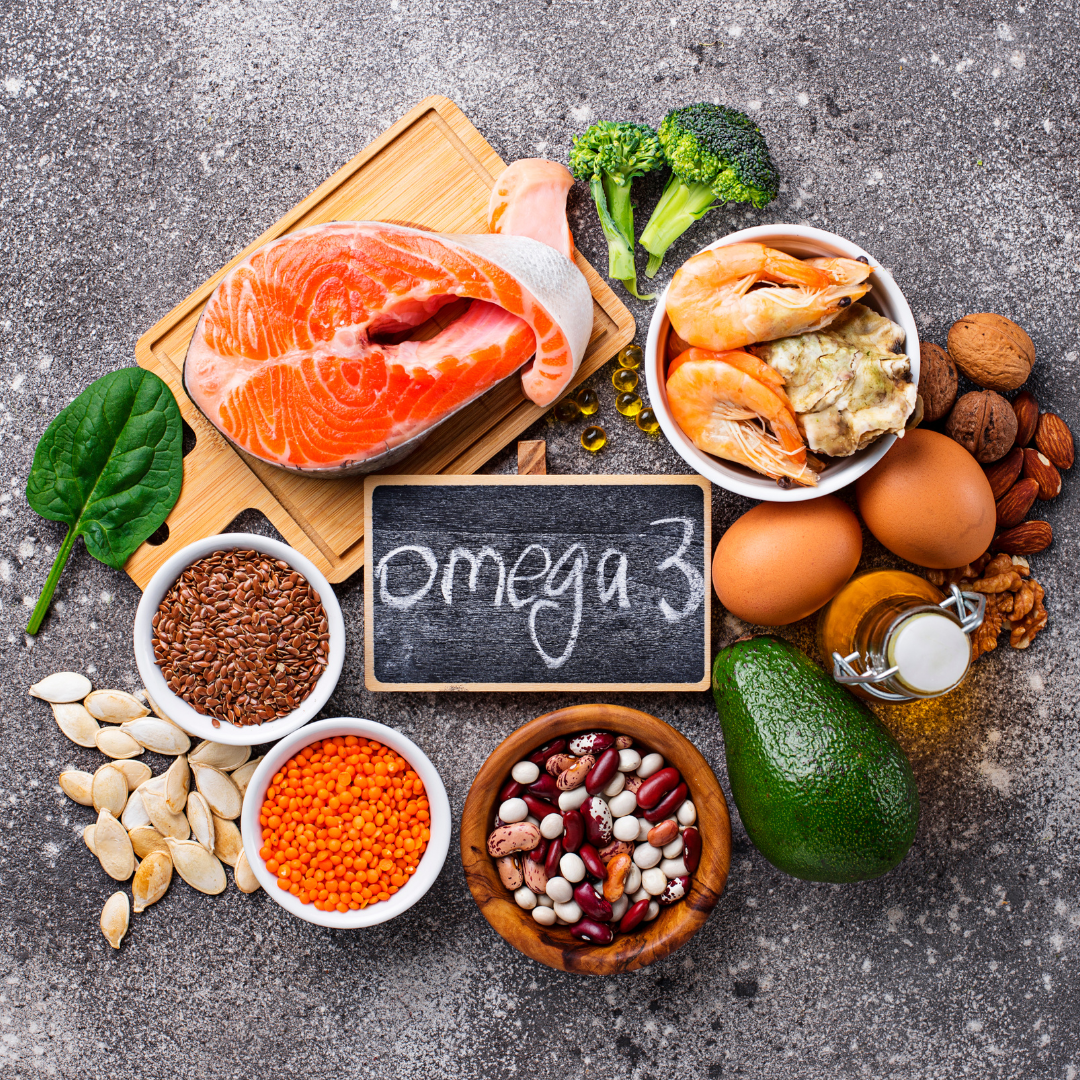
Anti-inflammatory Food #3:
Healthy Fats (avocado, olive oil, fatty fish)
Let's talk about fats—they can be inflammatory troublemakers (we're looking at you, "trans" fats), neutral players (hello, saturated fats), or inflammation-fighting heroes (hello, omega-3s). That's why selecting the right fats is paramount for your health.
When it comes to combating inflammation, unsaturated fats reign supreme. Among them, the star performers are the mighty omega-3s, known for their remarkable health benefits. These anti-inflammatory champions have been linked to a reduced risk of heart disease, diabetes, and certain cancers.
To harness the full potential of anti-inflammatory fats, incorporate fresh avocados, extra virgin olive oil, small fish like sardines and mackerel, and wild fish such as salmon into your diet. And let's not forget the omega-3-packed seeds like chia, hemp, and flax, which add a nutritious twist to your meals.
It's time to embrace the power of fats and make mindful choices that nurture your well-being. Get ready to embark on a flavorful journey with these inflammation-taming options! 🥑🐟🌿
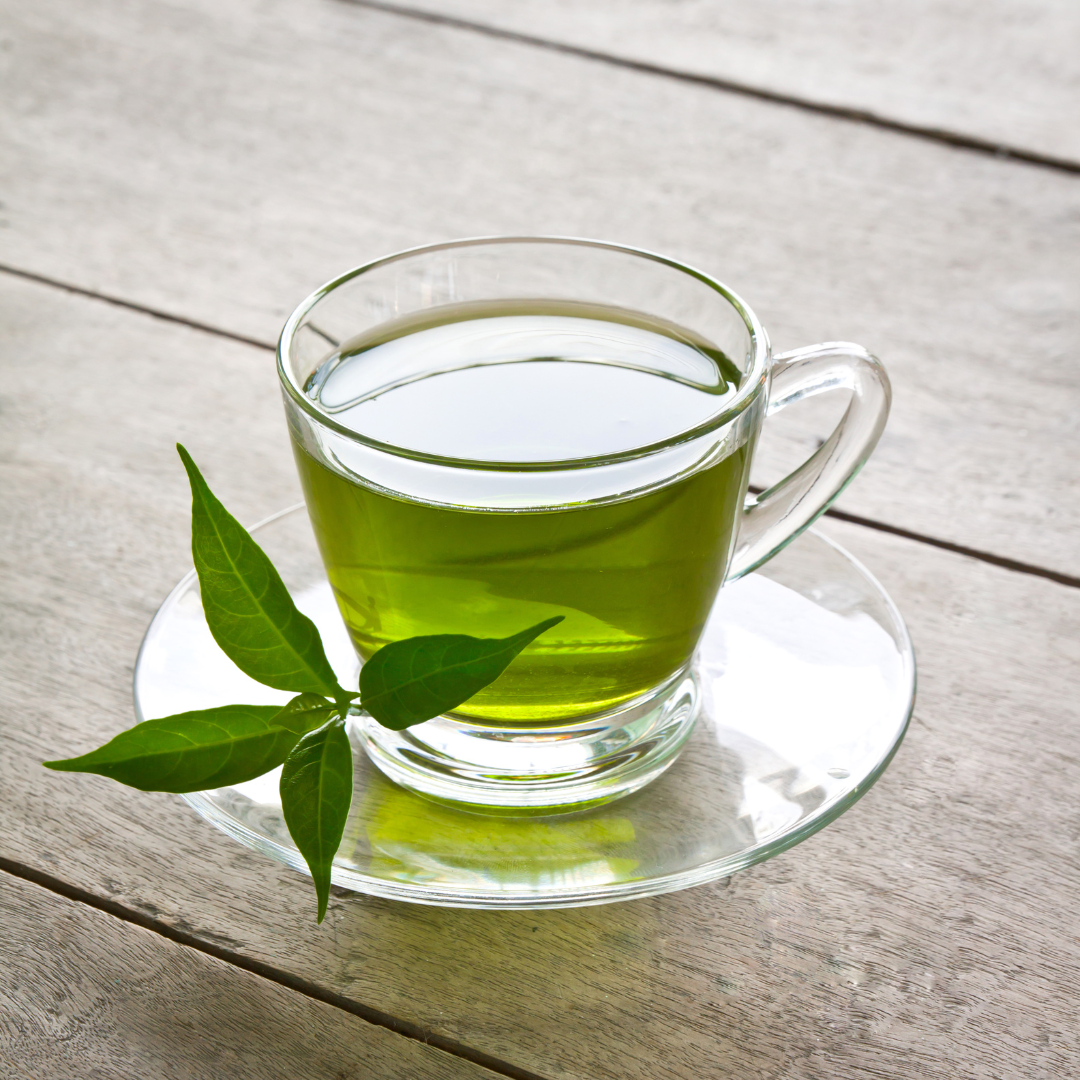
Anti-inflammatory Food #4:
Green Tea
How to reduce inflammation with tea! In the realm of anti-inflammatory beverages, green tea takes center stage, boasting a remarkable compound called "epigallocatechin-3-gallate" (EGCG). This powerful component has been associated with a reduced risk of heart disease, specific cancers, obesity, and even Alzheimer's.
While steeped green tea is a delightful choice, have you ever ventured into the world of matcha green tea? This vibrant emerald elixir is believed to possess even higher levels of antioxidants compared to its traditional counterpart. Prepare to indulge in a cup of matcha, an elevated experience that can truly nurture your well-being.
Discover the tranquil essence and potent benefits of green tea, inviting moments of serenity and rejuvenation into your daily routine. Cheers to the extraordinary wonders of EGCG and the tantalizing allure of matcha green tea! 🍵✨
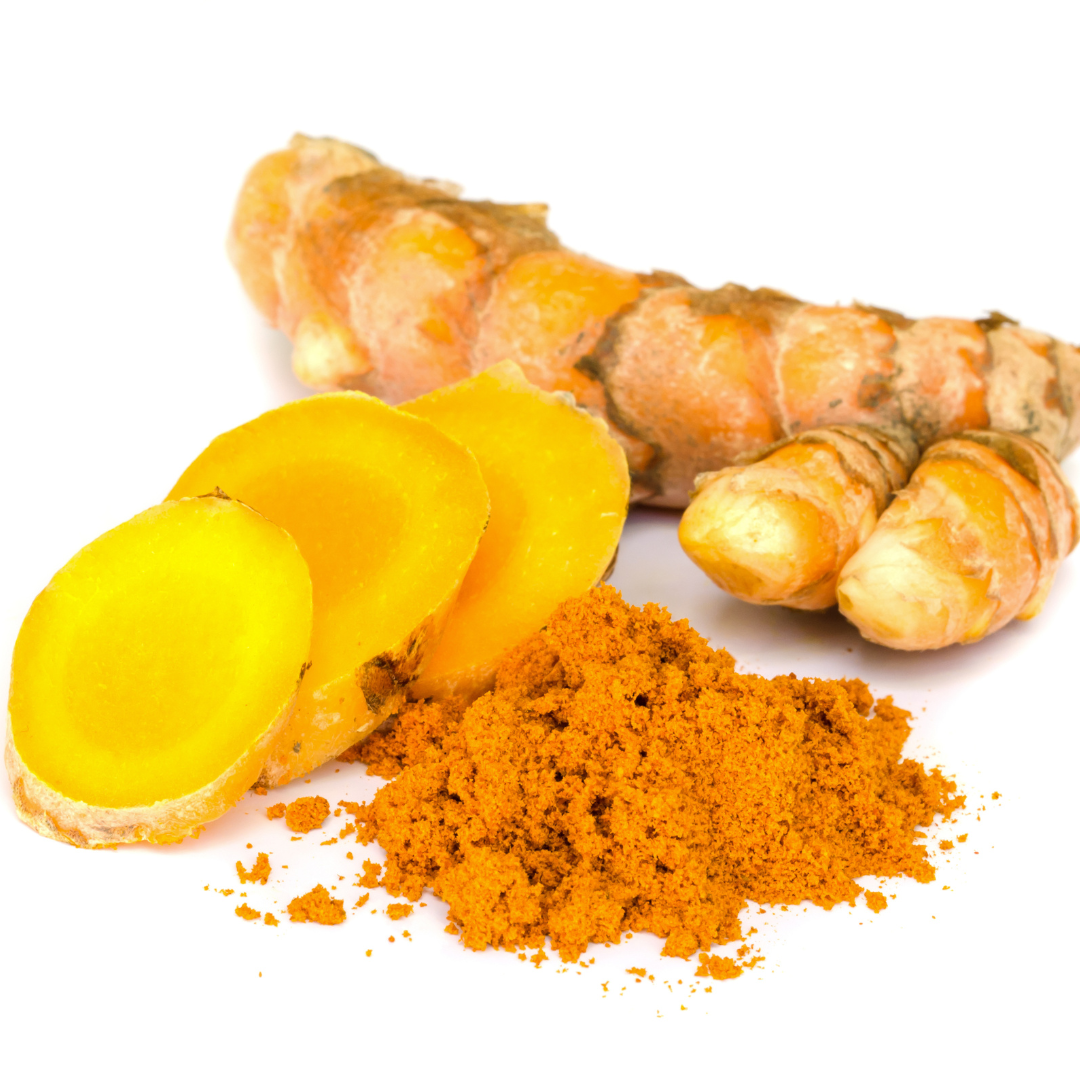
Anti-inflammatory Food #5 -
Turmeric
Would a list of anti-inflammatory foods be complete without the amazing spice turmeric?
Turmeric contains the antioxidant curcumin.
This compound has been shown to reduce the pain of arthritis, as well as have anti-cancer and anti-diabetes properties.
I've added it to the broccoli and pepper recipe below for a 1-2-3 punch, to kick that inflammation.
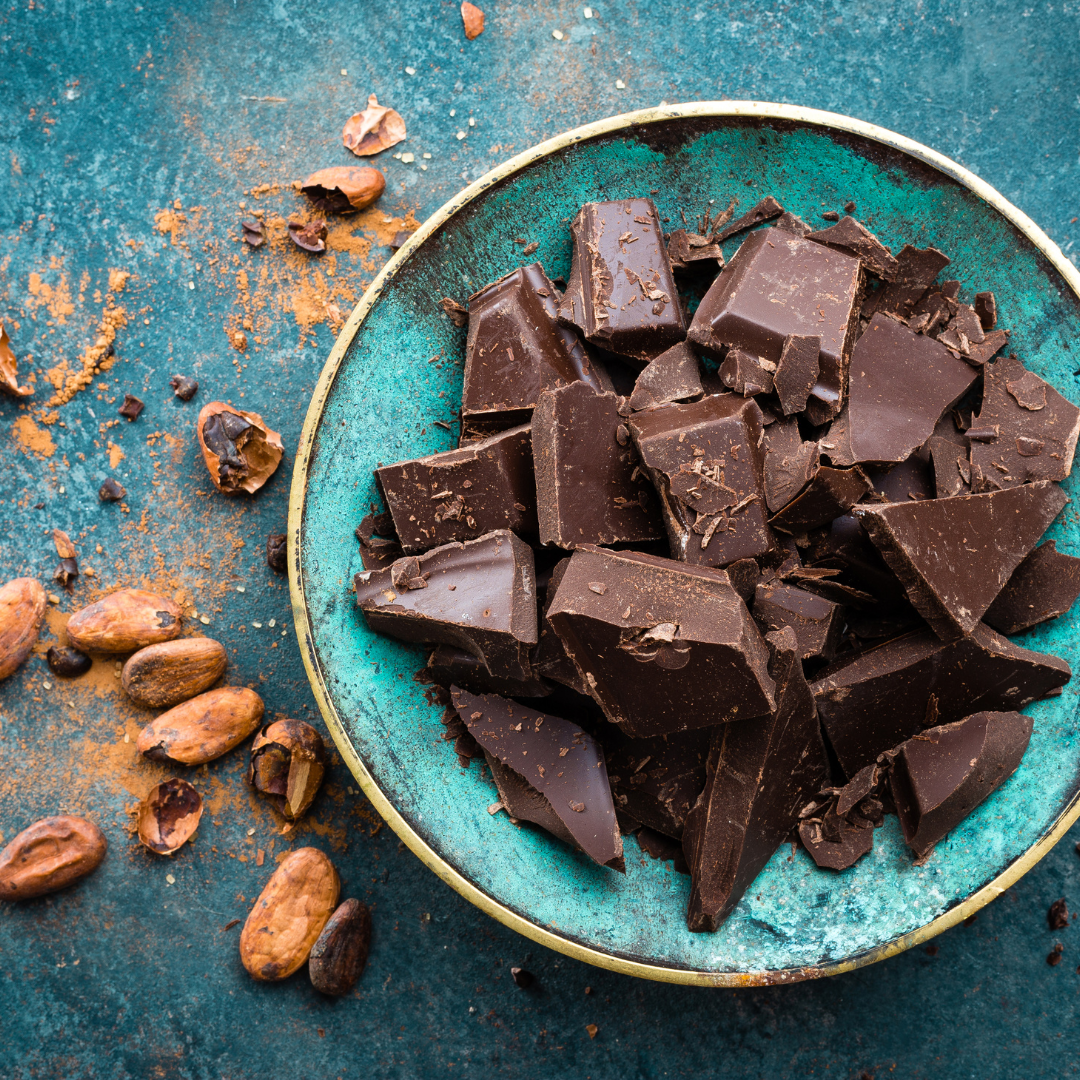
Anti-inflammatory Food #6:
Dark Chocolate
Alright, I'll admit it—this selection might just sway you into slightly more indulgent territory than the vibrant berries, grapes, and cherries I previously recommended.
Dark chocolate, boasting a cocoa content of at least 70%, is a treasure trove of anti-inflammatory antioxidants, particularly "flavonols." These remarkable compounds contribute to maintaining healthy arteries, thereby reducing the risk of heart disease. But the benefits don't stop there. Flavonols have also shown potential in preventing "neuro-inflammation," safeguarding the brain and nerves. By reducing neuro-inflammation, they may support long-term memory, lower the risk of dementia, and even stroke.
Remember, though, to steer clear of sugary "candy bars." We know they won't provide the desired anti-inflammatory effects.
In conclusion, the world of anti-inflammatory foods is brimming with delectable and nourishing options. From vibrant berries, vegetables, and spices to wholesome fats and yes, even cocoa, you have a myriad of reasons to embrace these anti-inflammatory powerhouses in your daily diet. So go ahead, savor the goodness and treat yourself to a touch of "anti-inflammation." Enjoy! 🍫🌱✨
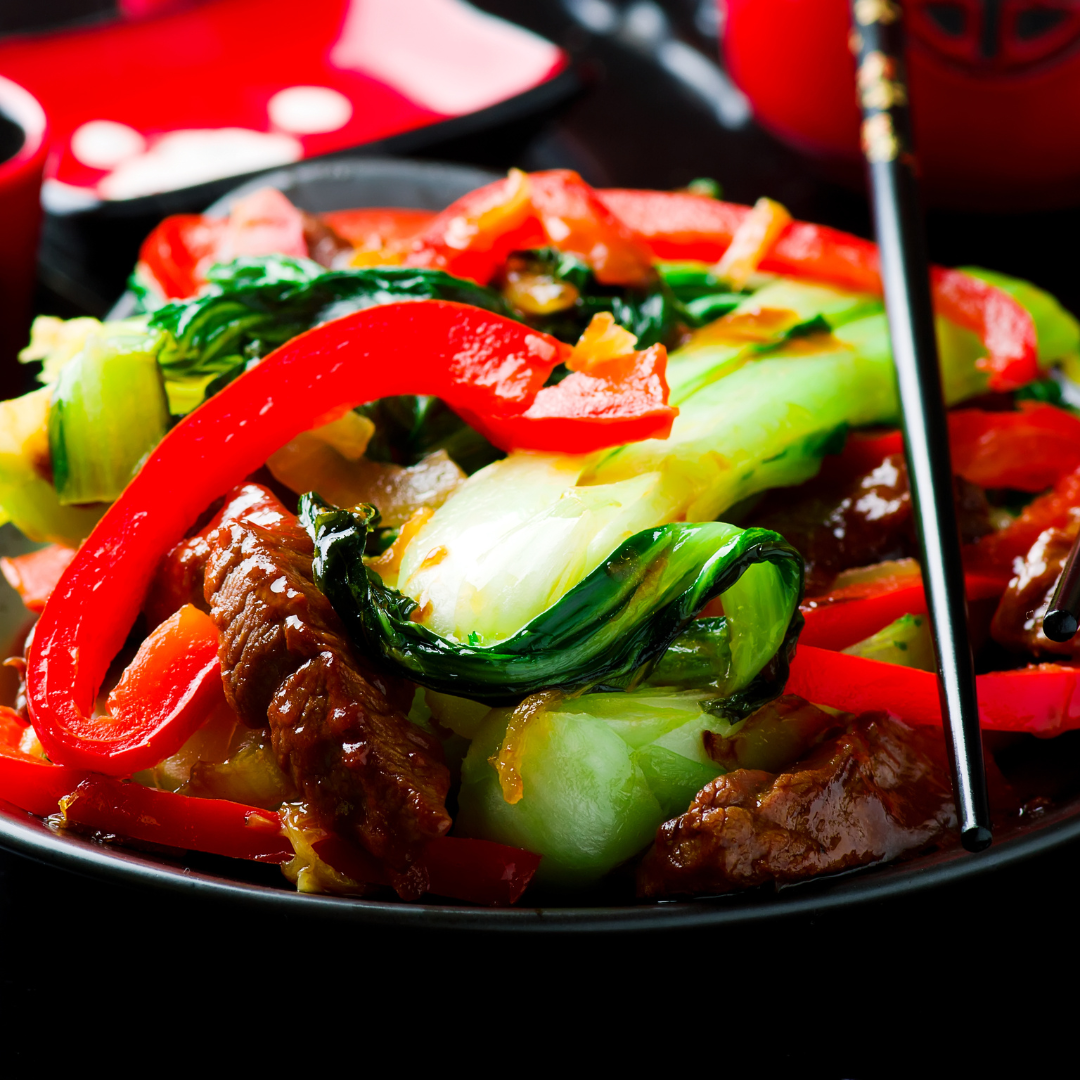
Recipe (Broccoli, Pepper,
Turmeric): Anti-inflammatory Quinoa
Serves 2
¾ cup dry quinoa (pre-rinsed)
2 tbsp coconut oil,1 medium onion, diced1 bell pepper, chopped1 dash salt ½ tbsp turmeric,1 dash black pepper
2 cups broccoli, chopped
In a saucepan place 2 cups of water and bring to a boil. Reduce heat and add the quinoa and simmer until the water is absorbed (about 10-15 minutes).
Melt coconut oil in a skillet. Add diced onions, turmeric, pepper and salt, and lightly sauté for a few minutes.
Add broccoli and lightly sauté for 5-6 minutes, until it becomes softened.
Add the cooked quinoa and stir everything together.
Serve & enjoy!
Tip: Add some cayenne pepper or curry spice for an extra spicy kick.
https://authoritynutrition.com/13-anti-inflammatory-foods/

